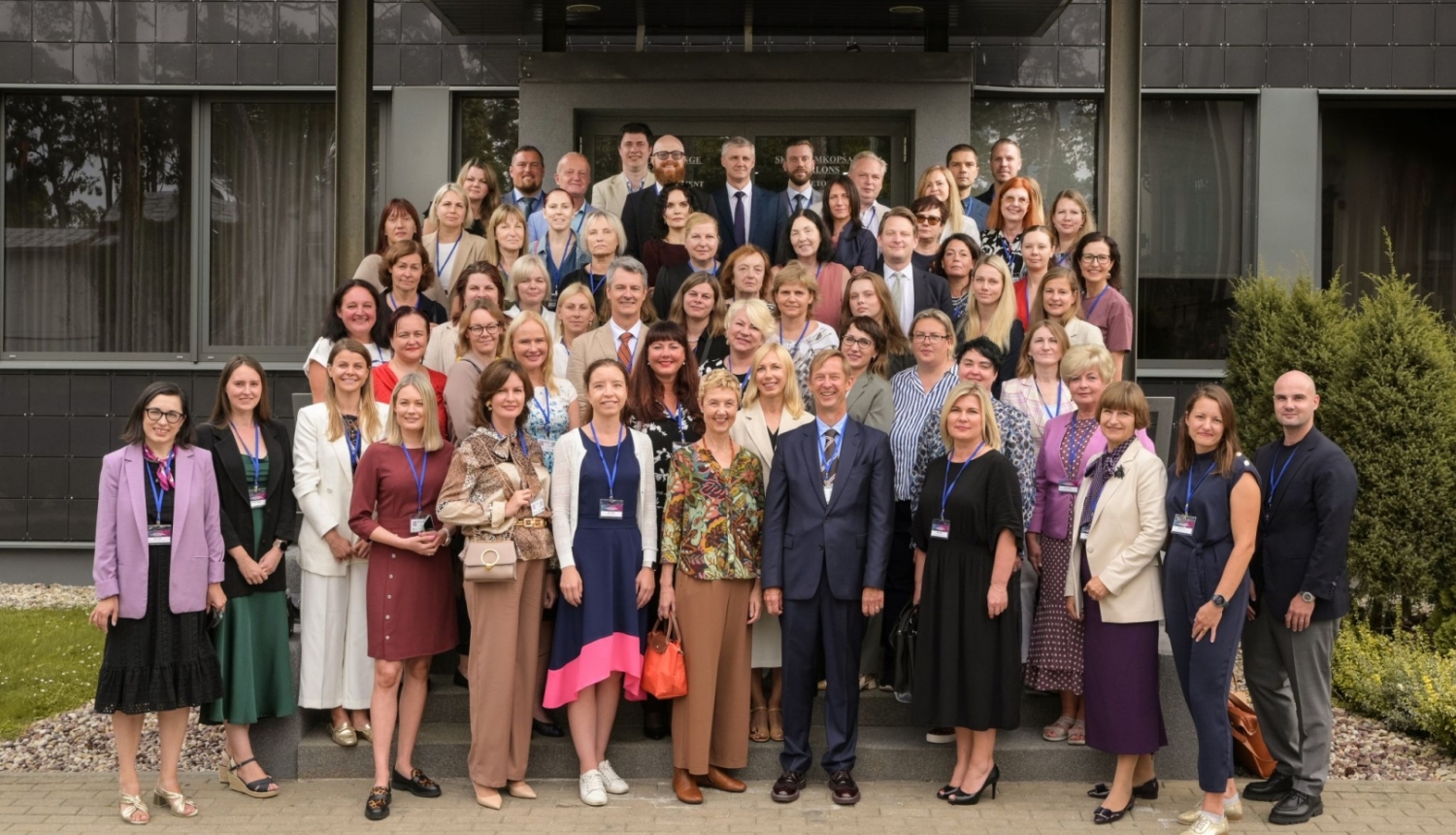On 3 and 4 September 2024, an annual regional seminar for judges organized by the Latvian Patent Office (LPO) took place in Jurmala, Latvia. Seminar participants had the opportunity not only to learn about the recent international case law related to intellectual property (IP), but also to participate in a practical workshop and discussions.
The seminar was held for the ninth year in a row. Every year it brings together judges from judicial authorities of Latvia and Europe. They are given a broad and detailed overview of judgements on such types of IP as trademarks, designs, patents and copyright. For example, court decisions on lawsuits filed by famous companies or individuals are discussed. Attention is also paid to decisions of boards of appeal on out-of-court industrial property disputes.
This year, the expert lectures were complemented by a group discussion on a case study, thus giving seminar participants the opportunity to strengthen their knowledge of IP dispute settlement. Considering the ever-widening applicability and use of artificial intelligence in the field of IP, the topic of the discussion was Copyright and Artificial Intelligence.
Opening the seminar, LPO Director Agris Batalauskis noted: “The IP system is rapidly developing and changing, that is why it is very important to cooperate and exchange information with the representatives of the judicial system, thus contributing to the effectiveness of this system in settling IP disputes. In turn, it gives the representatives of the IP sector the assurance that court rulings will be objective and of high-quality, and that our society will have confidence in the justice system in general and in the IP system in particular.” He stressed that such a great interest in the seminar proves how important it is for the representatives of the judicial system to be knowledgeable in IP issues.
The interaction between the judicial system and the IP field was emphasized by Executive Director of the EU Intellectual Property Office João Negrão. Addressing the seminar participants in a video speech, he pointed out that such regional seminars are an excellent example of reaching judges to inform them about current IP issues, national IP offices playing a pivotal role in this respect, as they are in direct contact with their national judicial systems.
Legal Counsellor at World Intellectual Property Organization’s Copyright Law Division Tobias Bednarz also stressed the significance of the seminar noting that such events play an important role in promoting collective knowledge and providing a great opportunity to understand whether one country’s experience is applicable for others.
President of the European Patent Office António Campinos accentuated in his video speech the professionalism of judges that makes the judiciary system, including the Unified Patent Court’s system, simpler and more accessible. The speed of change of IP landscape is very fast, it does not slow down. The Unitary Patent and the Unified Patent Court, which has been operating since last year, are key to meeting this change and using it for our benefit.
During the two seminar days, local and international IP and judicial system experts gave informative and interesting lectures on the latest European court cases related to the patentability of inventions, trademark infringements, trademark invalidation, evaluation of trademark distinctiveness. They also reviewed cases, where the language aspect was of great importance, showing how word trademarks could be perceived in countries with different official languages. At the seminar, attention was also focused on court cases in the field of copyright in connection with the increased use of artificial intelligence. Due to the expansion of artificial intelligence in our everyday life, the new aspects of these rights have been highlighted throughout Europe, including Latvia.
The seminar ended traditionally with a discussion on the regional outlook on the Baltic IP case law, where its participants shared their experiences and discussed some situations in their daily judicial practice.



